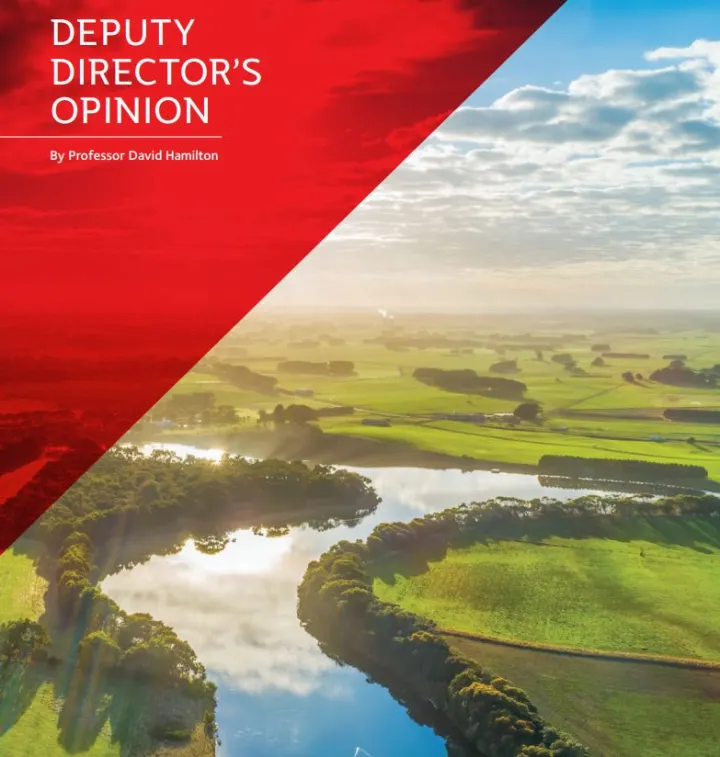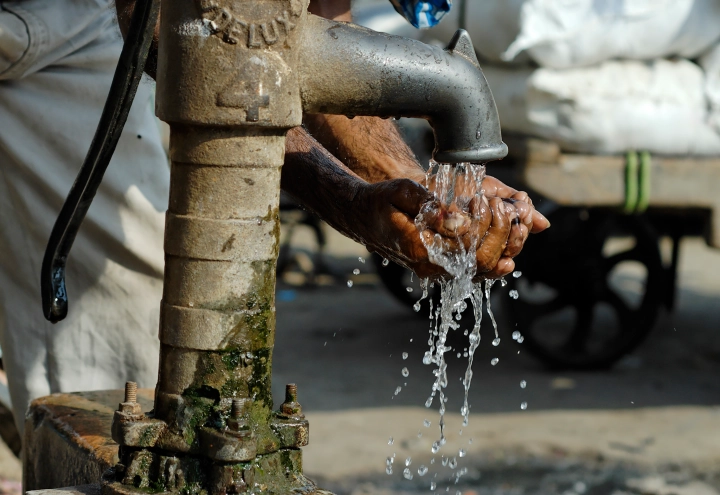
By Deputy Director David Hamilton Read Time: 421 words, 5 minutes. Recent funding from Water Research Australia to support a consortium of researchers to work on the effect that low reservoir levels has on water quality is providing impetus to better understand the effects of climate change of water storages. These storages are vital for [...]








